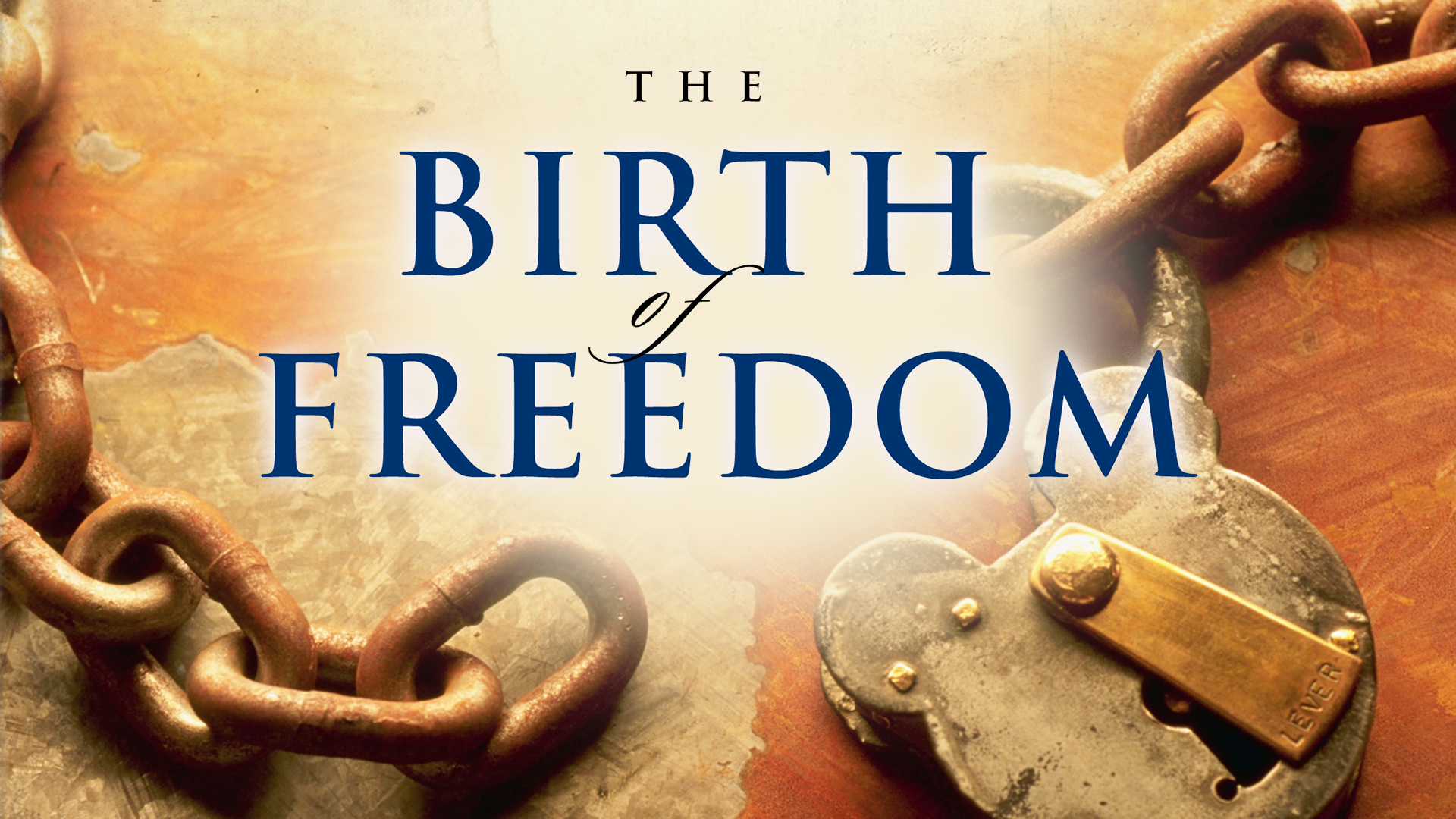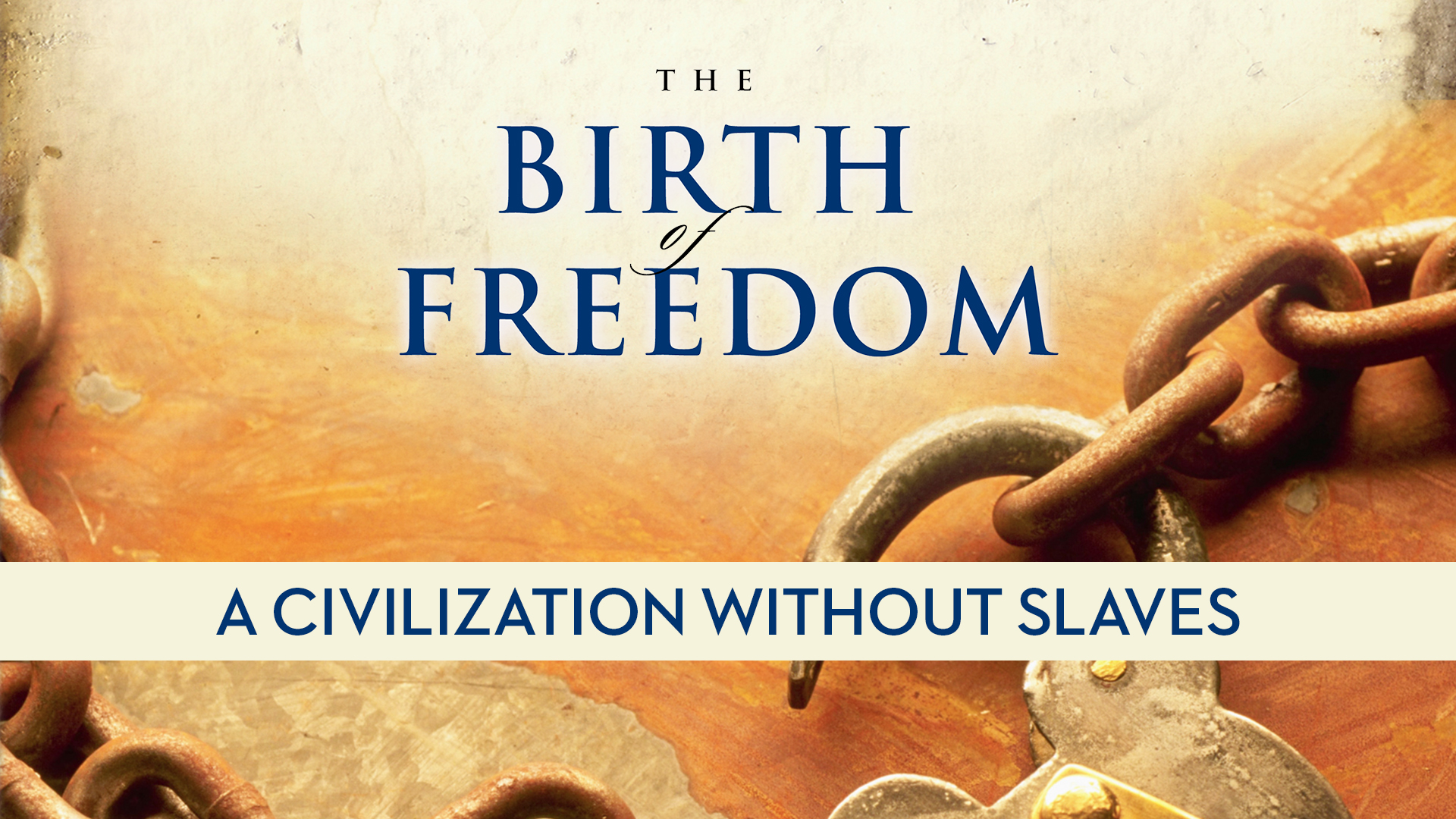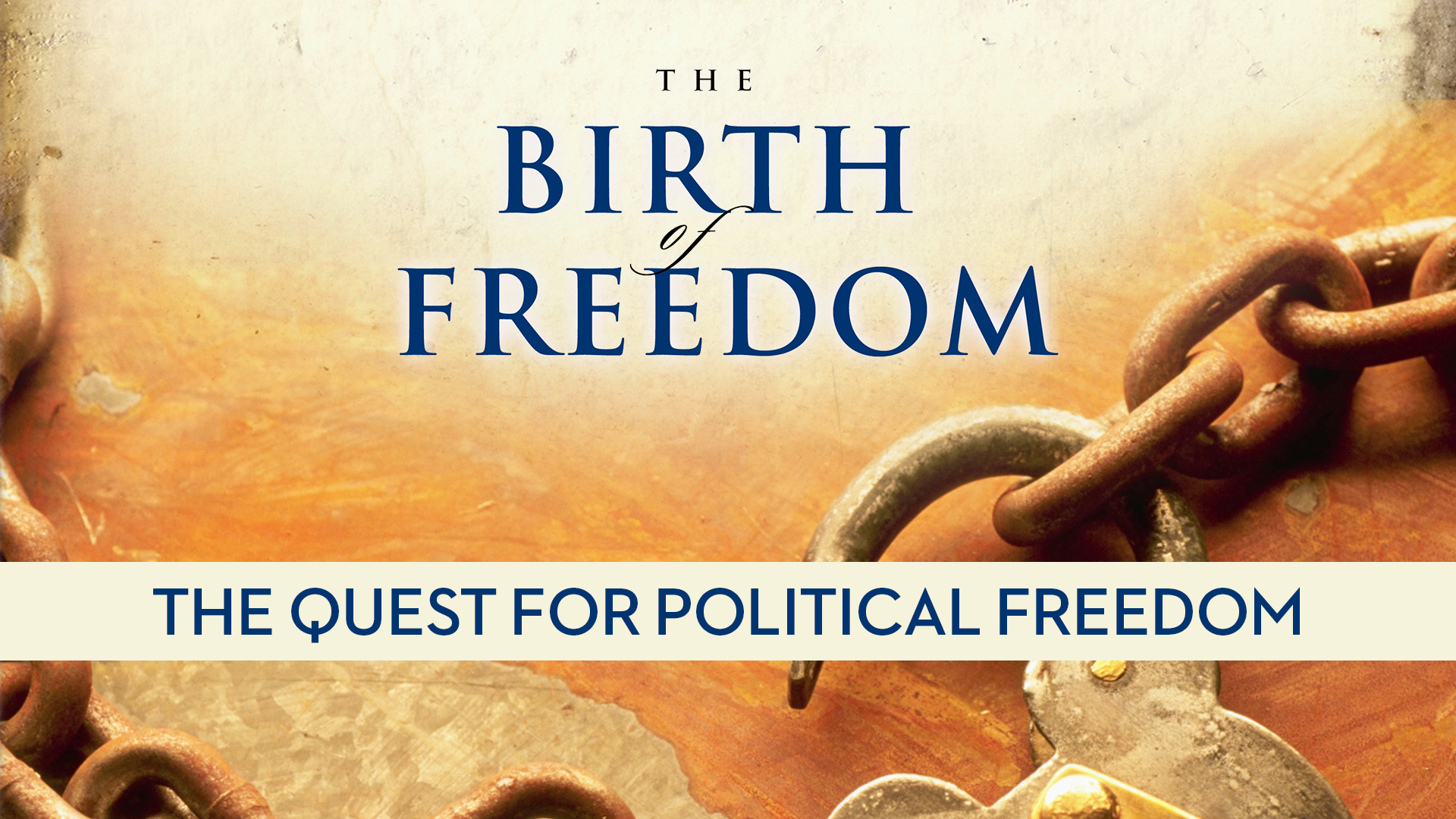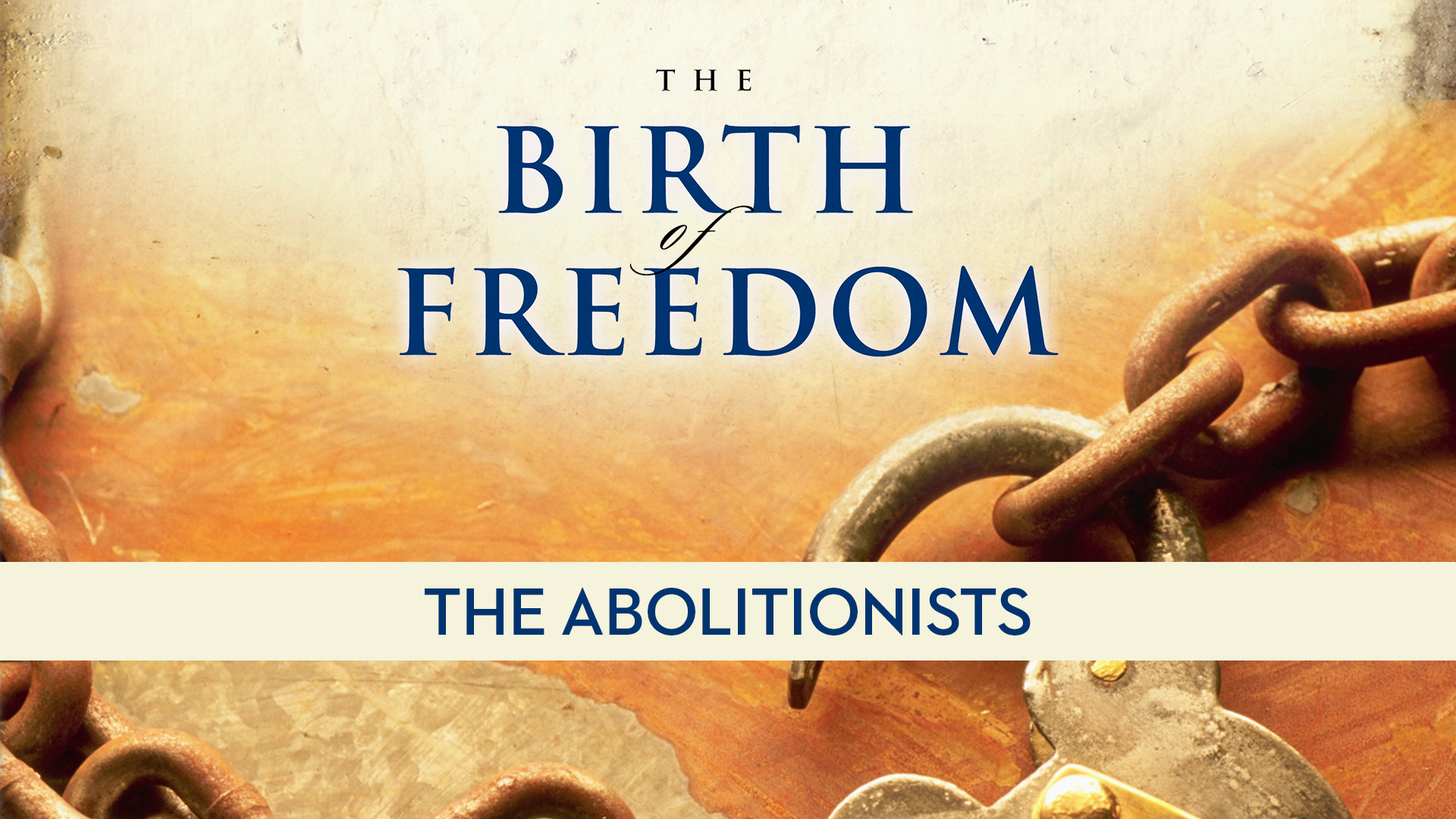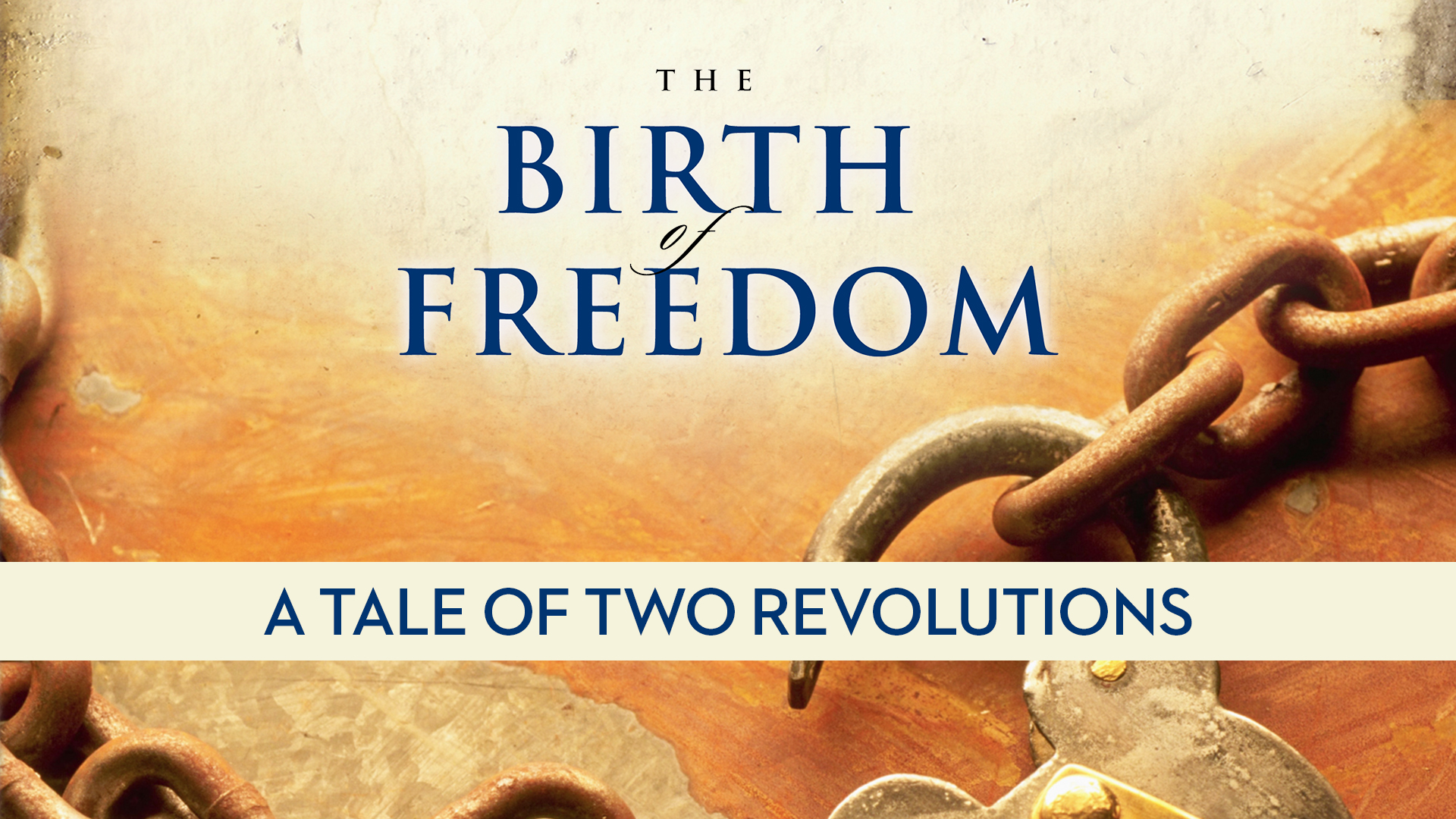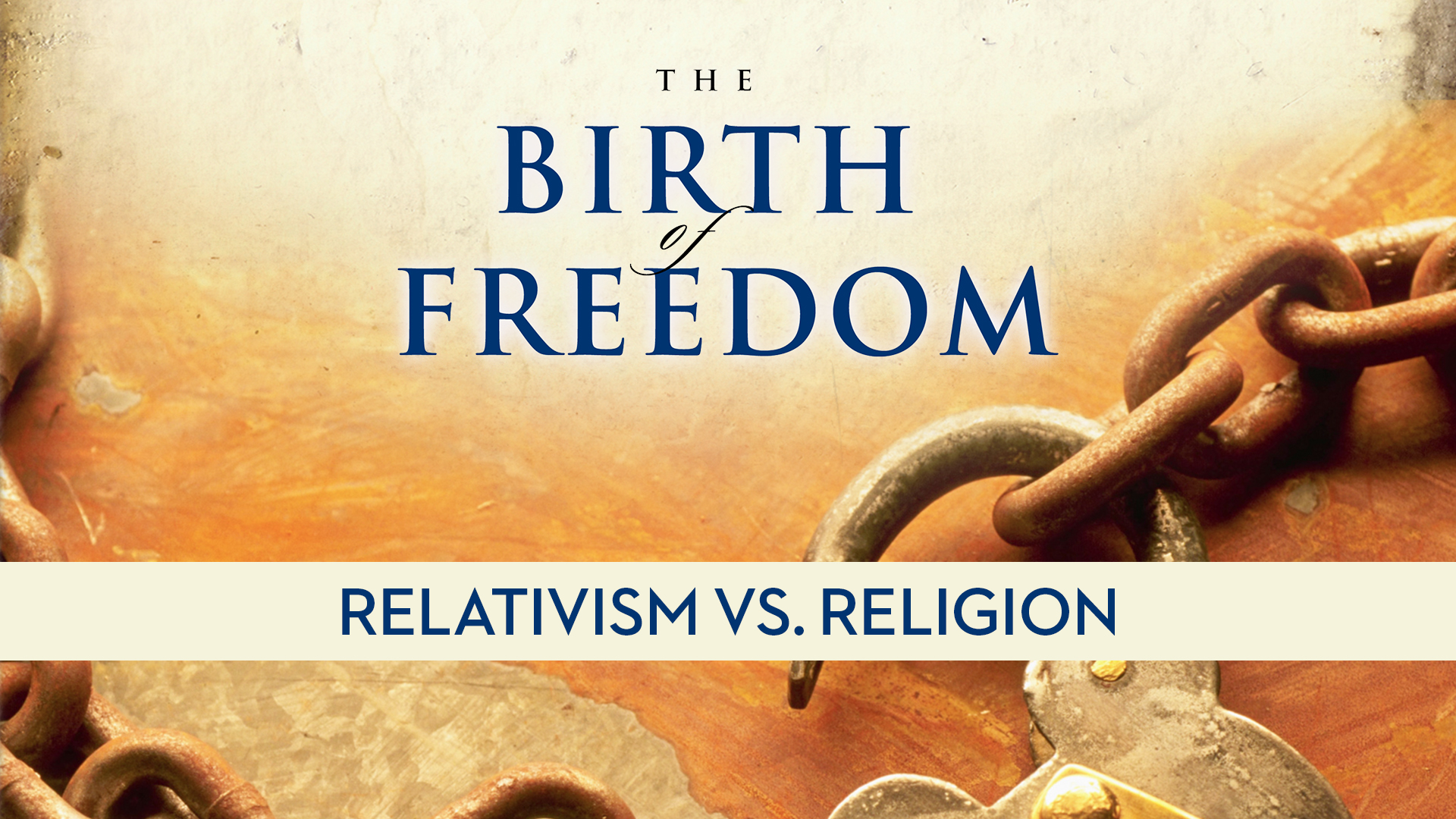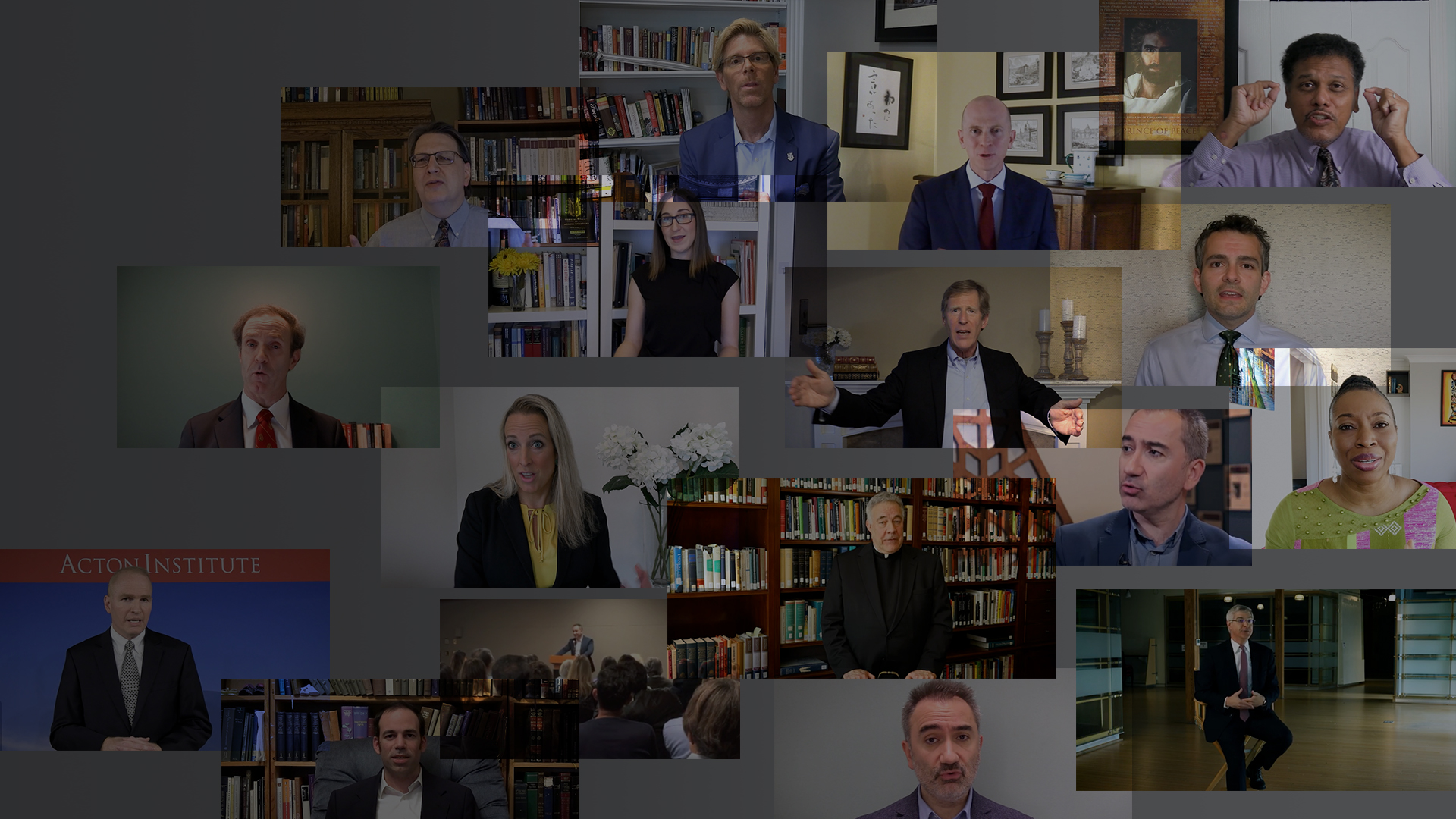The Birth of Freedom Curriculum: Session 4 – Pilgrims’ Progress
The Acton Institute
When Americans think of the Pilgrims, a few things spring to mind: Thanksgiving; the Mayflower; Plymouth Rock. But if you go any deeper than that, things get blurry in a hurry. Were the Pilgrims peace loving Puritans who simply sat down at the table of brotherhood with the pagan Indians? Or, were they fiendish, opportunistic, disease-carrying invaders bent on domination and all-around nastiness?
You can find both extremes in print, and they’re both wrong. Flesh-and-blood, warts-and-all Christians sailed to the New World.
The irony is that the Christian communities that these early pilgrims came from thought a lot about these two extremes of the Christian’s nature—the saint and the sinner. The political thinkers, in particular, thought long and hard about what kind of political and economic arrangements best took account of these two sides of our nature. Eventually, you had Quakers and Ana-Baptists; Catholics and Anglicans; Presbyterians and deists all getting in on the project. It came to be known as The American Experiment.
Well, the Founding Fathers, as it turns out, had a much deeper understanding of freedom. They understood that freedom was for a higher purpose. Freedom for excellence, freedom rooted in a moral culture, was the only freedom that can last. And many of them learned this from the Bible.


